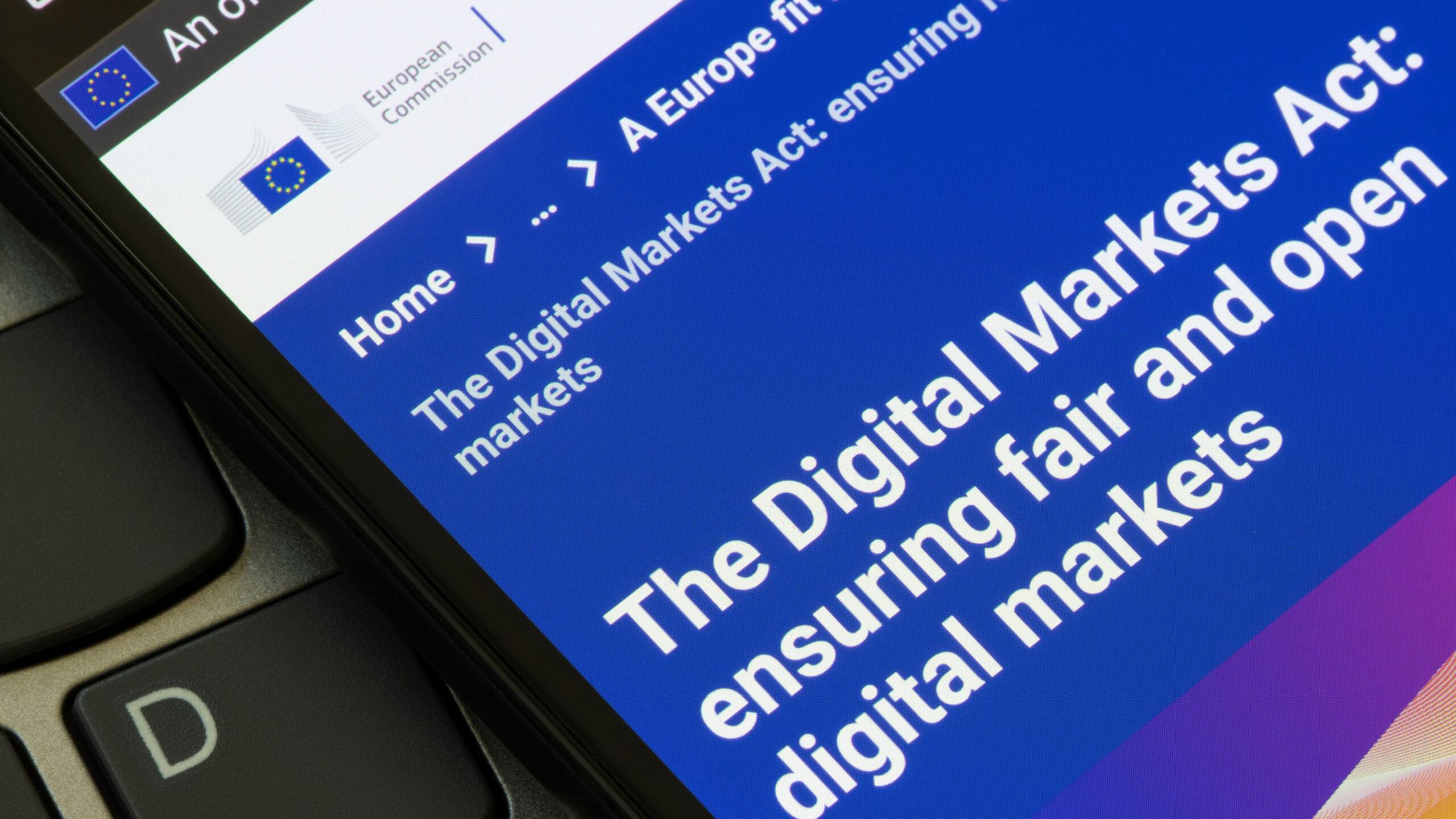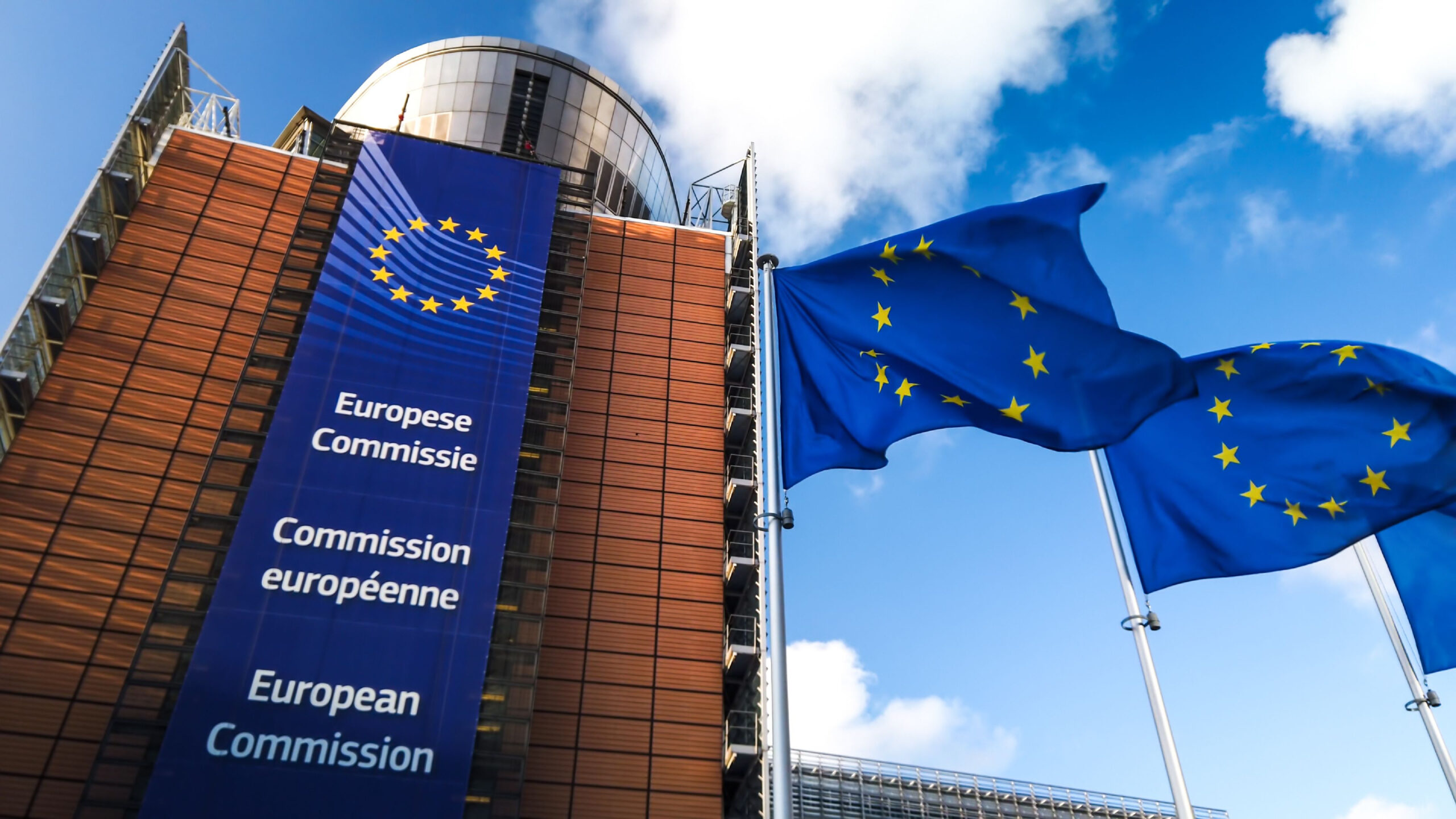Making the DMA Work in Practice: A New Years’ Resolution Negotiators Should Stick To

A new year has begun, and with it, the long-standing tradition of New Years’ resolutions. Some of us pledge to lose a few kilos, others to quit smoking. For the negotiators in charge of finalising the EU Digital Markets Act (DMA), there’s one resolution to keep: making sure this new regulation of the digital economy actually will work in practice.
Negotiating Europe’s Future Digital Economy
“Trilogue negotiations” on the DMA kicked off this week, and over the coming months, negotiators from the three main EU institutions will be tasked with hammering out a final text. The DMA regulates the services of digital “gatekeepers” to make sure business users are treated with “fairness” and that rivals can benefit from “contestability”. Newspaper headlines will focus on the economic thresholds – which companies and services fall in or out of the rulebook – but the real test of whether the DMA will be a success will be the effect the DMA has on consumers and business users of the services in question.
Numerous economists and competition policy experts have warned that the DMA’s inflexible one-size-fits-all approach will carry economic costs. A recent report from economists at Oxera highlights in particular how some of the amendments currently under negotiation could be particularly harmful. User safety and digital convenience are at stake, and unrealistically short deadlines risk pulling the plug on services entirely, particularly given the potential for exorbitant chest-beating fines and the concomitant tendency towards over-compliance.
At stake is not just how the EU regulates the large tech platforms that exist today. Digital markets change rapidly, and in a few years we should expect the list of companies to change. Even if the limits of the DMA are drawn to mainly capture US or Chinese tech companies today, time does not stand still. With investors putting record sums into European tech, European platforms will inevitably be caught, despite their warnings of “alarming consequences”. How can lawmakers avoid the worst in the final stretch of negotiations?
Three Areas of Focus
The Commission should have the final say on regulation and enforcement of platform conduct. The DMA fundamentally re-writes the balance of exchange between platform operators and their business users. That standard of platform conduct prescribed by the DMA should serve as an EU-wide standard. Neither national competition authorities, nor private plaintiffs in national courts, should be empowered to fragment the EU single market or subject platform operators to double-jeopardy by imposing diverging obligations.
Lawmakers need to show flexibility and take a step back from the one-size-fits-all approach to make the DMA more customisable. The DMA currently treats social media the same as a marketplace, an app store, and a cloud service. These are all wildly different services and applying the same rules would entail significant costs for consumers, business users, and the wider digital economy. Enforcers need to engage in meaningful regulatory dialogue and benefit from strengthened adjustment mechanisms to ensure the rules fit the services in question.
Lastly, the DMA needs realistic enforcement timelines and proportionate fines. Public tech bashing is one thing, but in practice it creates a climate of conservative and overly cautious compliance. New features that could potentially trigger litigation won’t materialise, existing products will be frozen in time, and investments will be reconsidered. If companies feel they are set up to fail, they may not want to bother playing at all. That would be disastrous for the many European business users and consumers who enjoy platform services today.
EU lawmakers are in crunch time, as the French Presidency has given negotiators only a couple of months to finalise the DMA text. Hopefully, lawmakers will focus on what the DMA will mean in practice, for consumers and business users, in the future. Ultimately, the effect on Europe’s digital economy will be remembered long after the slogans are forgotten.








